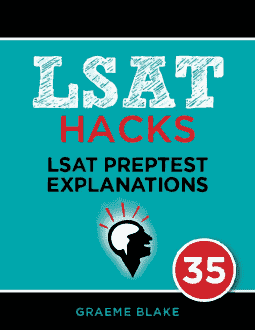DISCUSSION: You should be able to support the right answer using something Dworkin said.
___________
- This is something a positivist might say. Lines 23-24 tell us that positivists think there is no fact of the matter if there is no consensus. Yet lines 29-30 tell us judges often believe there is a fact of the matter even without consensus.
- Who knows? In line 48 we see that Dworkin doesn’t care much for the original intent of legislators. He mainly cares about the internal logic of the law.
- It’s not clear that it’s easier for a judge to use legal positivism. Natural law lets them decide based on their own moral sense of right and wrong. Legal positivism makes them search for consensus, which seems difficult.
- Another nonsense answer. Dworkin talked about the internal logic of the law, not of a law. And Dworkin doesn’t seem to think consensus is very important.
- CORRECT. Legal positivists think there is no role for moral intuition in the law (lines 13-14). Lines 39-41 shows that Dworkin thinks moral intuition can sometimes be appropriate.

Want a free Reading Comp lesson?
Get a free sample of the Reading Comprehension Mastery Seminar. Learn tips for solving RC questions


I still don’t quite understand your reasoning as to why A is incorrect. The answer choice does not speak of any consensus. It states, “Judges and lawyers too often act as though there is a fact of the matter in legal cases.” Where in the passage does it state that legal positivists would say this? Dworkin clearly agrees with this in Lines 29-30, where he states, “judges and lawyers…act as if there is a fact of the matter even in cases where there is no consensus.” A states this almost word for word. Knowing this now, why is A wrong?
Answer A says “too often”. If you keep reading the passage, it says “The theory he proposes seeks to validate this practice [of seeing fact of the matter]”
Dworkin isn’t a positivist. You can’t see lines in isolation. You need to read the whole thing.